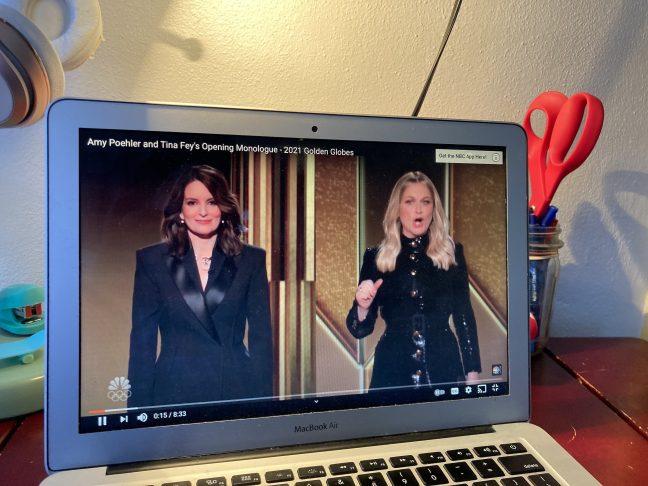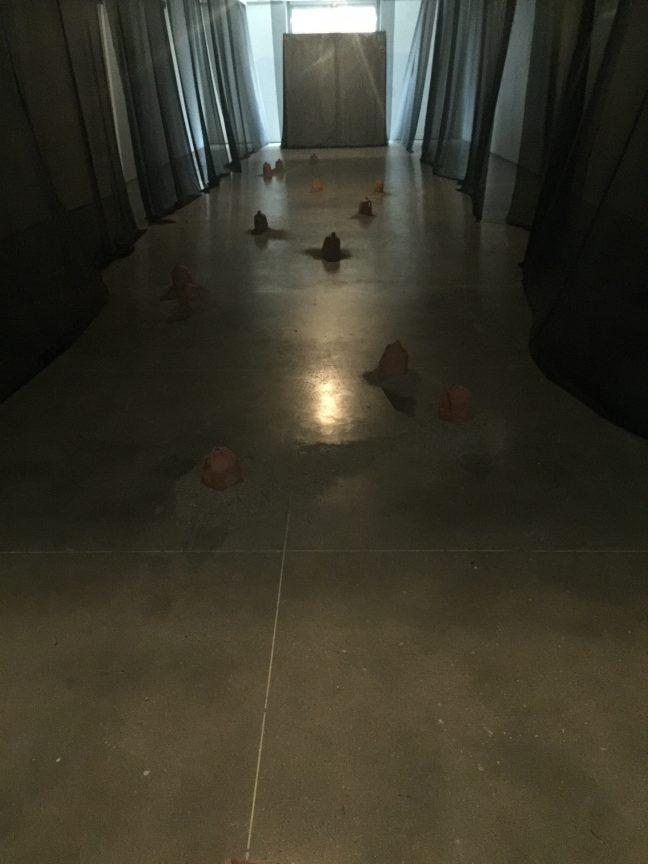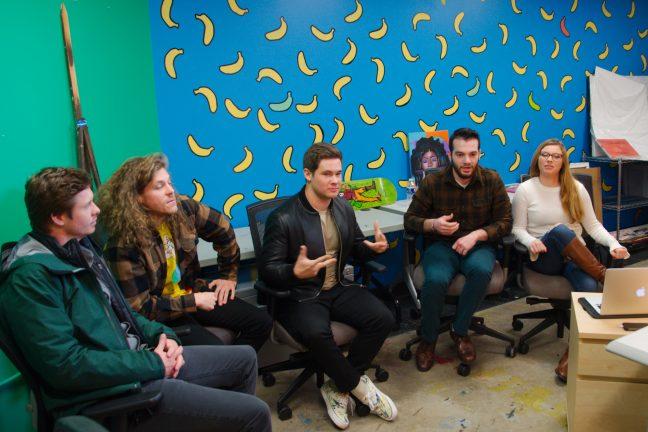Myles McNutt won’t say exactly when “The Office” began to go downhill. He won’t express, as some might, the idea that a show shot in semi-documentary style may be doomed by its own form the longer it drags on. He won’t circle a date in July 2010 when Steve Carrell announced that his days with the show were numbered. And he won’t pinpoint a specific character, or an interminable plot device, or even a certain interminable garden party as the point where the popular NBC comedy finally sold its soul.
He won’t do that, because that is not his style. As a Ph.D. student at the University of Wisconsin currently working toward his doctorate in Communications Arts with a focus on Media & Cultural Studies, McNutt comes from an academic background that insists on considering the form and structure as well as content. And as a TV critic for nationally recognized culture compendium and The Onion affiliate The AV Club, McNutt has a more nuanced theory about why the once indispensable Thursday night program now regularly garners a collective frustrated sigh.
“I think it’s been gradual, I think it’s been a process of writing turnover, I think it’s been a process of – especially this season in particular – it’s a question of locating what happened when Steve Carrell left and how do we understand that. And what was their choice, what was their move in that direction,” he said.
But neither will he forget the past. The show has struggled, McNutt explained, because of its slow march away from what once made it good. There’s a sharp contrast between recent episodes and the show at its formidable best, and that makes the newer material just look weaker.
“I think there are some people that might sort of argue, ‘Well, accept that this is the show now, and just evaluate it based on that. But, it used to be something more than that.’ … But I never feel like I’m complaining about the same thing. I never feel like I’m writing the exact same review. And I really want to like the show. People kind of don’t see that,” McNutt said. “But what is coming out as negative criticism is frustration more than anything.”
When McNutt says “out,” it sounds like “owoot,” betraying a hint of a Canadian accent that had, until that slip, been absent from his interview. Originally from Nova Scotia, McNutt completed his undergrad and masters degree in Canada. It was in his third year of college that he started a blog in a communication arts class.
“I was bored sitting in lecture, frankly, and I said, ‘I want to start a blog in this course.’ And I thought I could use it like a brand building technique,” McNutt said. The question arose immediately thereafter: What to write about? McNutt gravitated toward TV criticism in part thanks to the popularity of several shows with serialized perspectives which were on air at the time, like “Lost,” “Grey’s Anatomy” and “Heroes”.
“When I go back and look at those early posts, the things I was writing on the blog, some of it is just incomprehensible to me. It’s like, ‘what was I thinking?'” he laughed. “But at the same time, it was an attempt at engagement.”
The idea of engagement is extremely important to McNutt. It’s the rationalization behind his decision to write his AV Club reviews in first person, and also what drives him to jump into the comments section on a weekly basis, even answering negative feedback to his work that others might dismiss as typical Internet trolling.
McNutt hopes to foster a conversational environment between himself and his readers, a form of communication he sees as nearly essential due to the weekly, episodic, constantly evolving nature of TV criticism. But he’s caught flack for what some see as an overly intellectual approach to reviewing. McNutt shrugged off these accusations of “pretension,” attributing them to his background and a misunderstanding of what criticism is. He told the story of a comment he received early in his run as a reviewer for “The Office.”
“It was from a UW-Madison student who suggested that they were in biology and they were sick and tired of these arts wankers taking all of our research money and just circle-jerking all the time. And that, in the process of that, everyone should basically, you know, just burn them to the ground.”
The sentiment must have fallen on deaf ears; McNutt said he hopes to continue on with academia, and eventually become a teacher and contribute original research to the field. As a TA for Intro to Television, he models his lessons after the pursuit of engagement he seeks in his criticism.
“I’ve learned a lot teaching,” he said. “I want to be engaged with students in the same way; I want them to feel as though there is this dialogue taking place. So it’s been a real thrill, as much as school can be a thrill. I think it’s kind of reached that level for me.”













